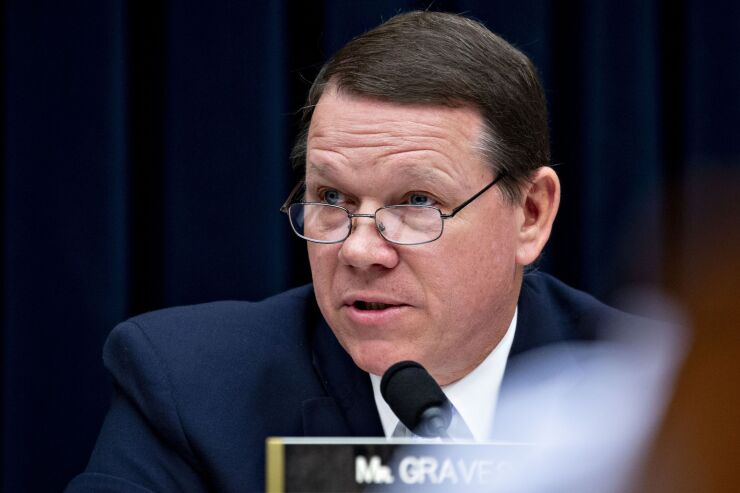The House overwhelmingly passed a bill reauthorizing the Federal Aviation Administration for the next five years and granting $4 billion per fiscal year to the Airport Improvement Program.
The Securing Growth and Robust Leadership in American Aviation Act was passed in a 351-69 bipartisan vote and moves on to the Senate where lawmakers are already considering their own version of the bill.
"This bipartisan legislation improves the safety of our system, our airport infrastructure, and the quality of service for passengers," said House Transportation & Infrastructure Committee Chairman Sam Graves. "Not only that, this bill will make the FAA more efficient, encourage the safe adoption of new and innovative technologies, and address growing workforce shortages, from pilots and mechanics to air traffic controllers."

"In addition, this bill provides the first title dedicated specifically to our critical aviation sector — the backbone of the American aviation system," he said.
The bill authorizes an additional $100 million annually for supplemental discretionary grants for airports on top of the $4 billion in AIP funding.
The House considered about 100 amendments to the bill in its deliberations Thursday, approving 17 amendments en bloc, and considered two other standalone amendments, including changes to its telework policy, which in a 195-226 vote was rejected.
House leaders also rejected a controversial plan that would've increased the number of slots at Ronald Reagan Washington National Airport by seven round trips daily.
Lawmakers adopted an amendment to strike a provision in the bill that would have allowed pilots to count 150 hours of simulator time toward the 1,500-hour requirement.
But some of these battles will have to be refought in the Senate, as those provisions are still in play as the Senate Commerce Committee considers its own version of the bill, but not without roadblocks.
Commerce Committee Chair Maria Cantwell (D-WA) postponed an initial markup of the bill last month after a dispute erupted over providing an alternative pathway for pilots to meet the required 1,500-hour threshold. That provision was almost dropped in the Senate in exchange for raising the retirement age to 67 from 65, but ultimately never materialized.
House passage of the bill may put more pressure on the Senate to act, the American Association of Airport Executives said. Both chambers of Congress will be in recess for the month of August but if lawmakers are unable to send an FAA reauthorization bill to President Biden's desk in the next two months, they may be forced to consider a short-term extension.





